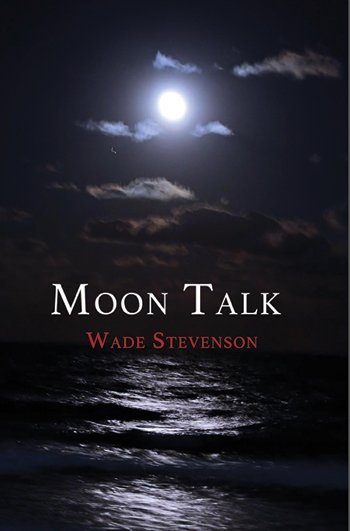Dennis Etzel Jr.'s precise prose poetry examines injustice, Star Trek, George Bush's oft-ridiculous internal monologue, and a vague, nebulous past. Didacticism is just another device in My Grunge of 1991, one that makes technical yet poetic points about feminism and the nature of utopia. Etzel also challenges the idea of pure art, instead using his meanders to promote a utopia to be striven for. But "Does the Reader know the Watcher is watching him read as he reads about the Watcher?" Tune in to accompany Etzel as he interrogates our surveillance state.
—Amy King, The Missing Museum
Like the smart My Secret Wars of 1984, Dennis Etzel Jr.'s My Grunge of 1991 sings with intensity. Collaging pop culture, feminist scholarship, and politics from that year, these prose poems question. Etzel asks, “You doubt my honor as a warrior?” and “Who made my home a McHome?” If in Fast-Food Sonnets, Etzel explores the meaning of customer service work, here Etzel turns the focus to the ways culture works on the self. Reading this new collection is a lovely disorientating echo of dictions that transport. Like a Kansas tornado with its resonating swirl, readers of My Grunge of 1991 land among Happy Meals, Star Trek: The Next Generation episodes, and Desert Storm coverage. In the muzak, grunge stars Pearl Jam, Soundgarden, and Nirvana voice and scream. With lines arranged alphabetically across 75 poems, My Grunge of 1991 offers a sound answer to Dana Gioia’s 1991 question, Can Poetry Matter? With a poet’s ear like Etzel, it can.
—Laura Madeline Wiseman, Through a Certain Forest
Within the poem, “a list of alphabetized semblances for keeping track of occurrences out of post-trauma,” the speaker negotiates a way between quotations. Even pre-9/11, “we [were] no longer safe,” so he cloaks himself in “Grunge music, comic books, and Star Trek.” Amidst the dystopia of the First Gulf War, Dennis Etzel, Jr. brilliantly imagines a utopia where “there are no boy or girl Happy Meal toys – only Hot Wheels or Barbie.” In other words, this absorbing prose-poem sequence is an inoculation against – and hope for – the present.
—Joseph Harrington, Of Some Sky
In My Grunge of 1991, the mix is all: the combo of high and low, public and private, your life & her life & theirs, all at once, an intersectionality of those bold prosperous times (for some) and the madness below and in between—of a Bush war, a Happy Meal land filled with “boy” and “girl” toys: Hotwheels, Barbies. Both clever and tender-hearted (and “woke”), this collection allows a steady gaze at what the early ‘90s and Dennis have wrought.
—Kevin Rabas, Songs for My Father, Kansas Poet Laureate, 2017-19
Dennis Etzel Jr. lives with Carrie and the boys in Topeka, Kansas where he teaches English at Washburn University. He has an MFA from The University of Kansas, and an MA and Graduate Certificate in Women and Gender Studies from Kansas State University. He has two chapbooks, The Sum of Two Mothers (ELJ Publications 2013) and My Graphic Novel (Kattywompus Press 2015). His first poetic memoir My Secret Wars of 1984 (BlazeVOX 2015) was selected by The Kansas City Star as a Best Poetry Book of 2015. Fast-Food Sonnets (Coal City Review Press 2016) is a 2017 Kansas Notables Book selected by the State of Kansas Library. In addition to My Grunge of 1991, This Removed Utopia (Spartan Press 2017) was published in 2017 as part of the Kaw Valley Poetry Series. His work has appeared in Denver Quarterly, Indiana Review, BlazeVOX, Fact-Simile, 1913: a journal of poetic forms, 3:AM, Tarpaulin Sky, DIAGRAM, and others. He is a TALK Scholar for the Kansas Humanities Council and leads poetry workshops in various Kansas spaces. Please feel free to connect with him at dennisetzeljr.com.
Book Information:
· Paperback: 102 pages
· Binding: Perfect-Bound
· Publisher: BlazeVOX [books]
· ISBN: 978-1-60964-297-6





